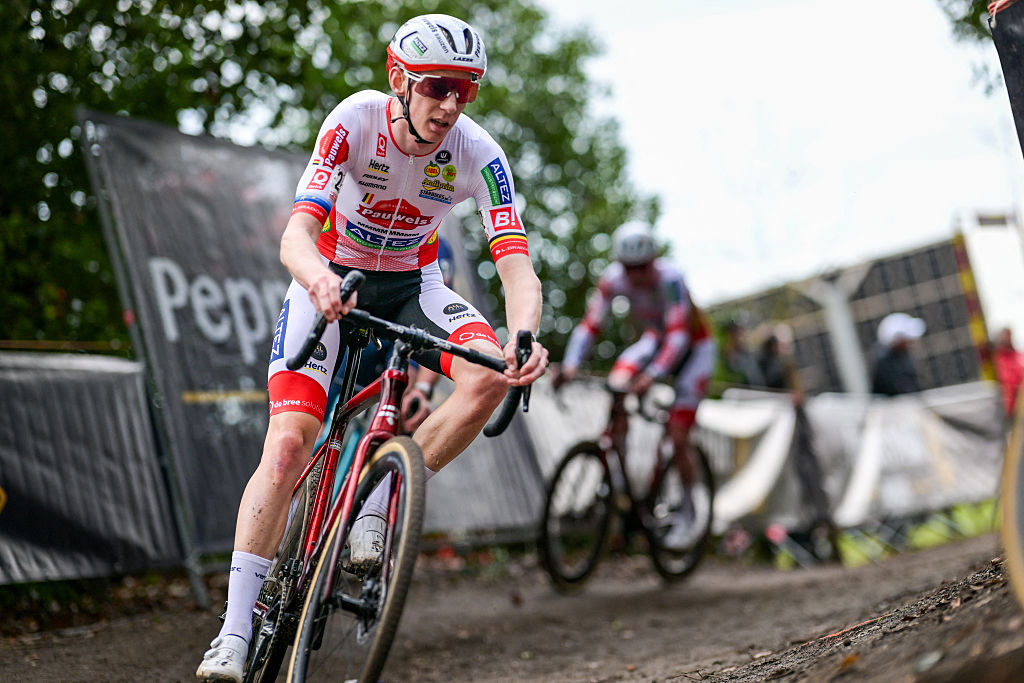Destiny not on Sagan’s side at Saint-Étienne
Fourth second-place finish for Slovak at Tour de France
The latest race content, interviews, features, reviews and expert buying guides, direct to your inbox!
You are now subscribed
Your newsletter sign-up was successful
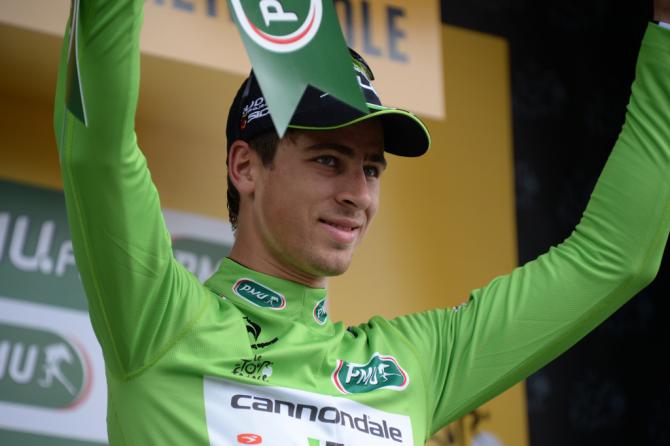
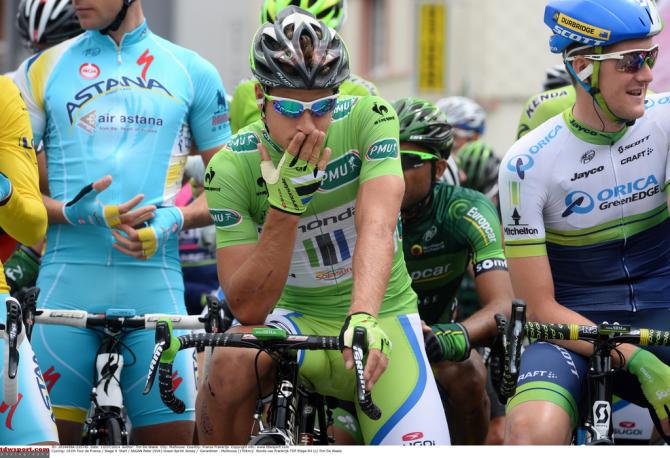
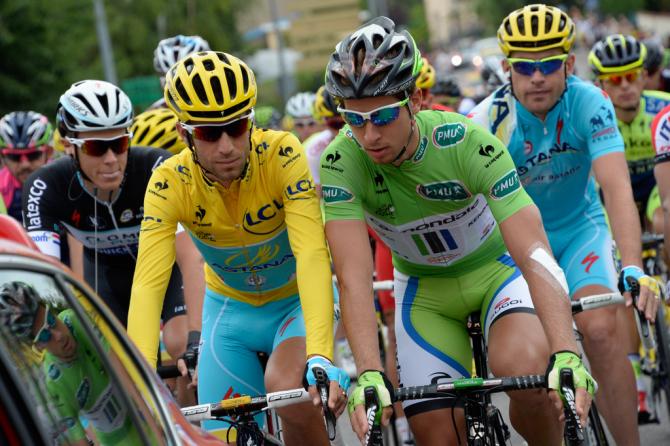
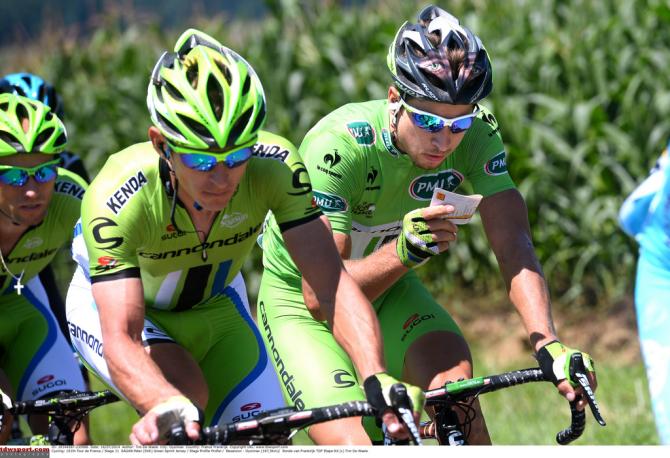
Destiny seemed to be calling Peter Sagan (Cannondale) as the peloton hurtled into Saint-Étienne at the end of stage 12 of the Tour de France. The stage finished just a stone’s throw from the Stade Geoffroy-Guichard, home of the local football team, famed for their green jerseys, and all through the closing kilometres were billboards for the club’s season ticket campaign, pleading for support for les verts.
After a string of near misses, the man in the maillot vert finally seemed to be hitting all of his lines, too. During a remarkable opening week where Sagan never once finished outside of the top five, the Cannondale team had often seemed to be used up too early, but they pitched their effort well on the run-in here. They piloted the peloton in the closing kilometres, and Sagan had wisely locked onto Katusha's Alexander Kristoff’s wheel in the finishing straight.
Try as he might, however, Sagan was unable to overhaul the powerful Katusha man in a high-octane sprint, and he had to settle for a maddening fourth second-place finish at this year’s Tour, after going close at Sheffield, London and Nancy last week.
“It was destiny,” Sagan said with a resigned smile as he toured the mixed zone afterwards. “But second place is good. Everything was ok – my team put me on the front for the last three kilometres and I was in a good position, but Kristoff was better today. He looked like he was struggling a bit on the last climb but in the sprint he was very good.”
Sagan’s consistency has made him a runaway leader in the points classification – just over midway through the Tour, he is a startling 150 points clear of Bryan Coquard (Europcar) in the standings. A third consecutive green jersey in Paris seems all but inevitable, and Sagan looked to focus on that positive rather than dwell on the fact that he has yet to win a stage this year.
“Life is frustrating,” he dead-panned. “But maybe another rider in the group would be glad to be second four times like me, and I’m glad to have the green jersey.”
Like Sean Kelly before him, Sagan is perhaps a victim of his own versatility across a number of terrains. Kelly claimed four green jerseys in the 1980s, but it’s often forgotten that he won “only” five stages of the Tour, the last of which dates all the way back to 1982 – a decade before his final outing in La Grande Boucle. The Irishman often found his top-end speed blunted by his accumulation of points on more rugged terrain, and Sagan wondered if he, too, is paying a price for his efforts.
The latest race content, interviews, features, reviews and expert buying guides, direct to your inbox!
“Maybe it’s because from the first stage to now I’m always in the front and I’m more tired than the other sprinters who’ve been a little bit more relaxed,” he said. Asked if he was disappointed with another second place or pleased to have placed another hefty deposit on the green jersey, Sagan simply shrugged: “It’s ok, I think.”

Barry Ryan was Head of Features at Cyclingnews. He has covered professional cycling since 2010, reporting from the Tour de France, Giro d’Italia and events from Argentina to Japan. His writing has appeared in The Independent, Procycling and Cycling Plus. He is the author of The Ascent: Sean Kelly, Stephen Roche and the Rise of Irish Cycling’s Golden Generation, published by Gill Books.
